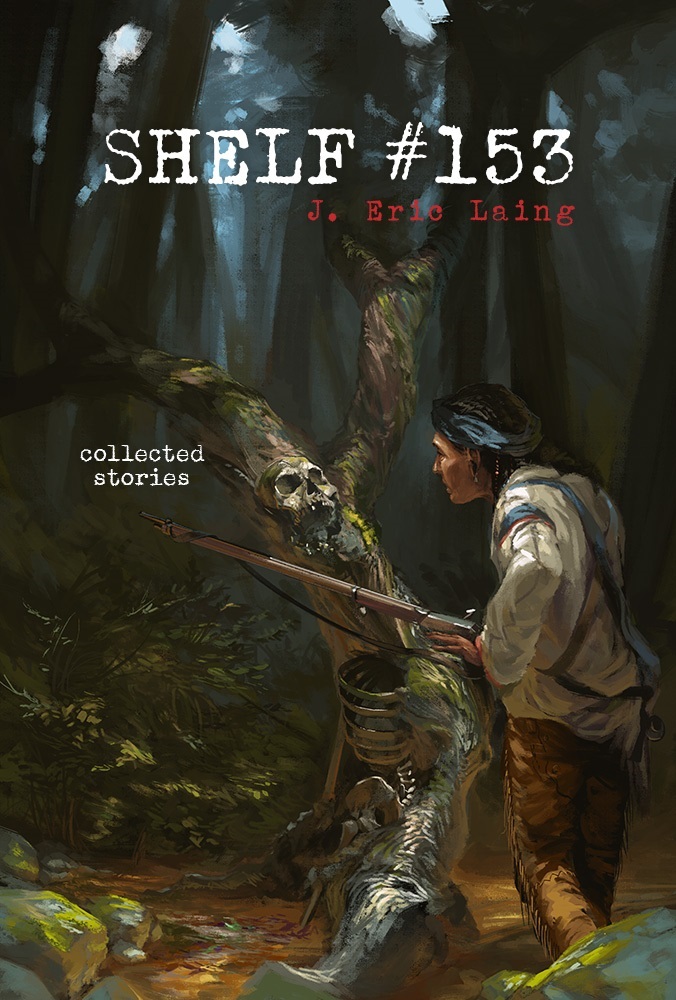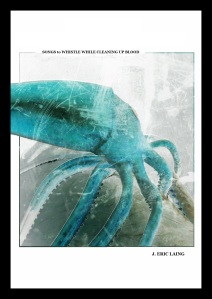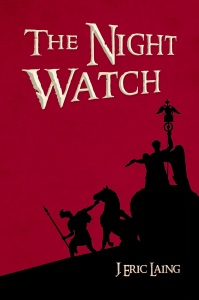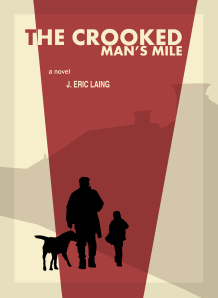CIRCUS GEEK
Oh sure, I helped push the Big Top up
Toppling clowns
Getting by the big boys
Finding time to press
Our flesh palm fish net
Work of the mind of men
Who caught my mother’s rape
Scene on film.
To see her plastered out
Like a whore on third
All while we were high
Up on a wire
In the dark tent.
It’s the only sword I’ll swallow.
CASTE INTO THE FOUNTAIN
That man is rich, I’ll admire and follow him.
I’ll not think for myself.
That man is poor. The rich man says despise him.
I’ll not think of others.
That man is rich, I know because he is so far away.
I’ll not think on it and perhaps I’ll be rich someday.
So goes the prayers of the ignorant,
Cast into the fountain of fools.
MOTHER’S EVE
Smelling like minnows,
Dungarees hang on little limbs
Muddy foot to tooth,
Breathing honey breath
Because, young, they can.
Still plump with their moment,
Woman plays behind
Naked prints leading to the tub
In a path of love and giggles.
She seeks, cherubs hide.
And when found out,
All three chocolates dipped.
Held by the heel and healed.
Licked until shiny,
Clean as the mantle clock,
The babes soon sleep
Tight as clams.
FATHER FISHING
Both mechanisms creaking,
Reel and bones,
My old man of the river and sea
Forever shines above my dumb hook.
DRIED SPARROWS
Where have the winter children gone?
Their laughter withered with spring,
Thawed damp on dry lips.
When will the crisp air drown again?
So much like flies stuck in honey,
Sweet deep breaths at last.
Old enough to never have been,
Each to each nothing ever gives.
Not a parting kiss, nor embrace of wit.
The years now we’ll stack neatly,
Corners creased and folded over,
Like so many boxes of dried sparrows.
WHEN THE CIRCUS CAME TO TOWN
How oddly every child smiled
When the high-wire broke and the funny fat clown
Tumbled and tumbled down.
For, rushing to his demise,
His lips twisted up for the night’s first time
As he broke both neck and frown.





